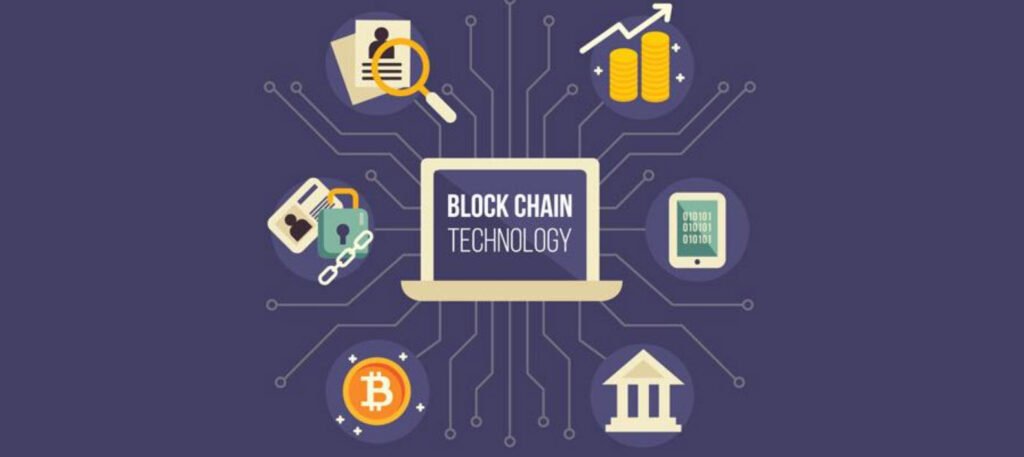In an era marked by ever-evolving technological advancements, the supply chain and logistics industry is undergoing a transformative phase. One of the most promising innovations that has captured the attention of professionals in this field is blockchain technology.
Its unique characteristics have the potential to revolutionize the way supply chains operate, addressing long-standing challenges and ushering in a new era of transparency, efficiency, and security.
1. Transparency and Redundancy Reduction
The adoption of blockchain in the supply chain brings unparalleled transparency to a traditionally complex and multi-tiered process. Traditional supply chains often suffer from a lack of transparency, leading to inefficiencies, delays, and even fraud. Blockchain technology addresses this issue by creating a decentralized and immutable ledger where all transactions and events are recorded.
This shared ledger ensures that all participants have access to the same information, eliminating redundancies and reducing the possibility of errors due to miscommunication or data manipulation.
2. Real-time Tracking and Information Flow
The dynamic nature of supply chain processes demands real-time access to accurate information. Blockchain facilitates the tracking of products throughout their entire lifecycle, from raw material sourcing to the end consumer. This enables stakeholders to access up-to-date information about the status, location, and condition of goods at any point in time. As a result, decision-making becomes more informed and responsive, enhancing overall operational efficiency.
3. Error-Free Payments and Smart Contracts
Financial transactions are the lifeblood of supply chains, and accuracy in payment processing is crucial. Blockchain’s implementation introduces error-free and transparent financial transactions. Smart contracts, which are self-executing agreements with predefined rules, automate and streamline payment processes.
These contracts ensure that payments are triggered only when predefined conditions are met, reducing errors and minimizing delays. This automation further enhances the efficiency of the supply chain ecosystem.
4. Fraud Detection and Prevention
Fraud has long plagued supply chains, resulting in financial losses and reputational damage. Blockchain technology’s ability to create an immutable record of transactions and events offers a powerful tool in detecting and preventing fraudulent activities. By maintaining an unalterable history of all interactions, stakeholders can pinpoint discrepancies and anomalies, aiding in the identification of fraudulent behavior and the responsible parties.
5. Improved Delivery Process and Flexibility
The integration of blockchain into supply chain logistics enhances the delivery process by providing real-time visibility into the movement of goods. This increased transparency allows for better coordination among stakeholders, reducing the chances of delays, disruptions, and mismanagement.
Additionally, blockchain’s inherent flexibility accommodates the complexity of modern supply chains, allowing for seamless integration with existing technologies and processes.
6. Enhanced Security
Data security is a paramount concern in any industry, and supply chain and logistics are no exceptions. Traditional centralized databases are susceptible to unauthorized access and data manipulation. Blockchain’s decentralized nature and cryptographic mechanisms provide robust security, making it extremely difficult for malicious actors to tamper with stored information.
This heightened security builds trust among supply chain participants and safeguards sensitive data.
7. Smart Contract-Guided Tracking
The integration of smart contracts with blockchain technology offers a powerful mechanism for guided tracking of goods. Once a smart contract is established, it enforces predefined rules and triggers automated actions based on specific conditions being met. This ensures that goods are tracked in accordance with agreed-upon terms, reducing the need for manual oversight and minimizing the risk of human errors.
In conclusion, the implementation of blockchain technology in the supply chain and logistics industry holds immense promise for revolutionizing the way goods are sourced, manufactured, and delivered. Its benefits, ranging from transparency and real-time tracking to fraud prevention and enhanced security, address long-standing challenges and inefficiencies.
As the technology continues to mature and gain traction, organizations that embrace blockchain stand to gain a competitive edge by building more efficient, transparent, and secure supply chain ecosystems.



